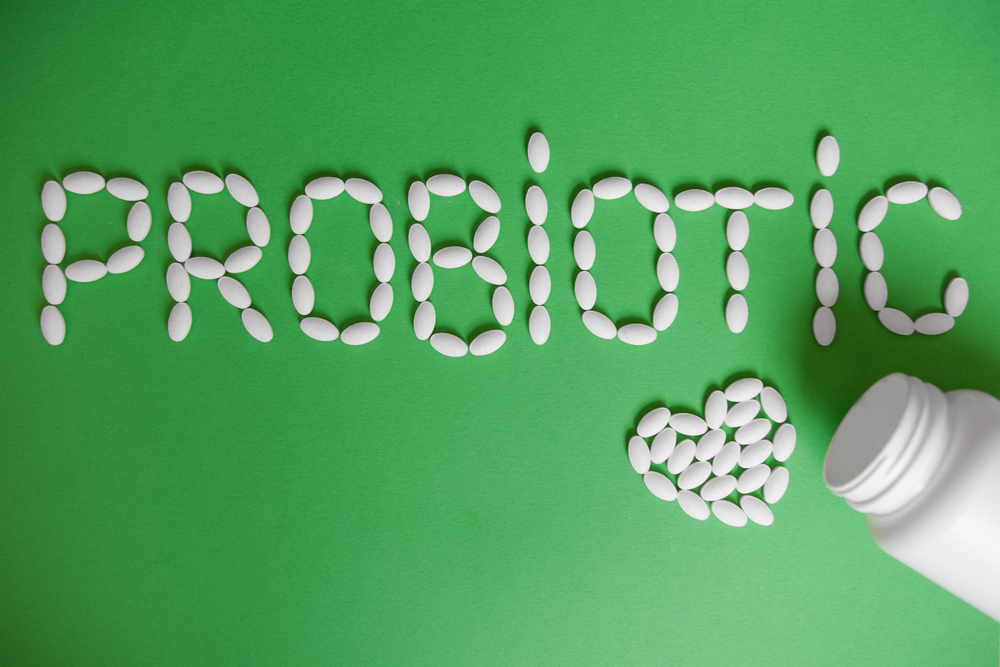Probiotic supplementation shows promising results for depression

New research from the Institute of Psychiatry, Psychology & Neuroscience at Kings’ College London[1] and published in Jama, has found positive results for probiotic supplementation in cases of depression. The researchers noted that supplementing with a probiotic blend containing 14 strains of bacteria showed promising results with patients taking antidepressants.
The double-blind, randomised placebo-controlled study on 49 participants showed good tolerance of the probiotics and positive effects on mental health especially in cases of multiple depression and anxiety. The supplements containing beneficial bacteria may act as a new pathway for supporting mood and mental health.
The trial acts as a strong basis for further wide-scale research to be undertaken. And with the World Health Organisation estimating that 5% of adults are suffering from depression, with a significant number failing to completely respond to standard treatment options, these results could further the understanding of the link between the gut microbiome and mental health.
A daily multivitamin improves age-related memory decline

Keeping sharp into old age is something everyone would wish for. The good news is that a recent large randomised controlled trial[2] using 3,562 participants has found that taking a daily multivitamin supplement improves memory in older adults compared to placebo.
The trial carried out on behalf of the American Society for Nutrition over a three-year period looked for positive changes in episodic memory as the primary outcome over one year and secondary outcome over three years, also noting improvements in performance on neuropsychological tasks.
Episodic memory was defined as ‘immediate recall performance’. The researchers noted that the trial holds promise for a safe and accessible approach to maintaining brain health in older age.
Eating apples may hold the key to avoiding risks of falling in later life

The far-reaching health benefits of eating foods containing antioxidants have long been recognised. However, a recent follow up of adults in the Framingham Heart Study[3] found that a specific class of antioxidant, namely flavonoids, were associated with lower odds of frailty onset. One flavonoid – quercetin – was especially noted: this is rich in apples, onions, citrus fruits, tea, sage, and even red wine.
The researchers particularly highlighted the benefits of specific subclasses of flavonoids, including quercetin, for providing strong health benefits. The participants already recruited for the Framingham Heart Study had no frailty at baseline in 2001. It was noted that for every 10 milligram per day of higher quercetin intake, there were 35% lower odds of frailty onset. Maybe the old adage of ‘an apple a day keeps the doctor away’ has even more truth than originally thought.
[1] Nikolova VL et al. Acceptability, tolerability and estimates of putative treatment effect of probiotics as adjunctive treatment in patients with depression: a randomized clinical trial. JAMA Psychiatry 2023.1817
[2] Lok-Kin Yeung et al. Multivitamin Supplementation Improves Memory in Older Adults: A randomized Clinical Trial. Am J Clin Nutr 2023 Jul;118(1):273-282
[3] Steven Oei et al. Higher intake of dietary flavonols, specifically dietary quercetin, is associated with lower odds of fraility onset of 12 years of follow-up among adults in the Framingham Heart Study. Am J Clin Nutr 2023 Jul; 118(1):27-33





















Add comment